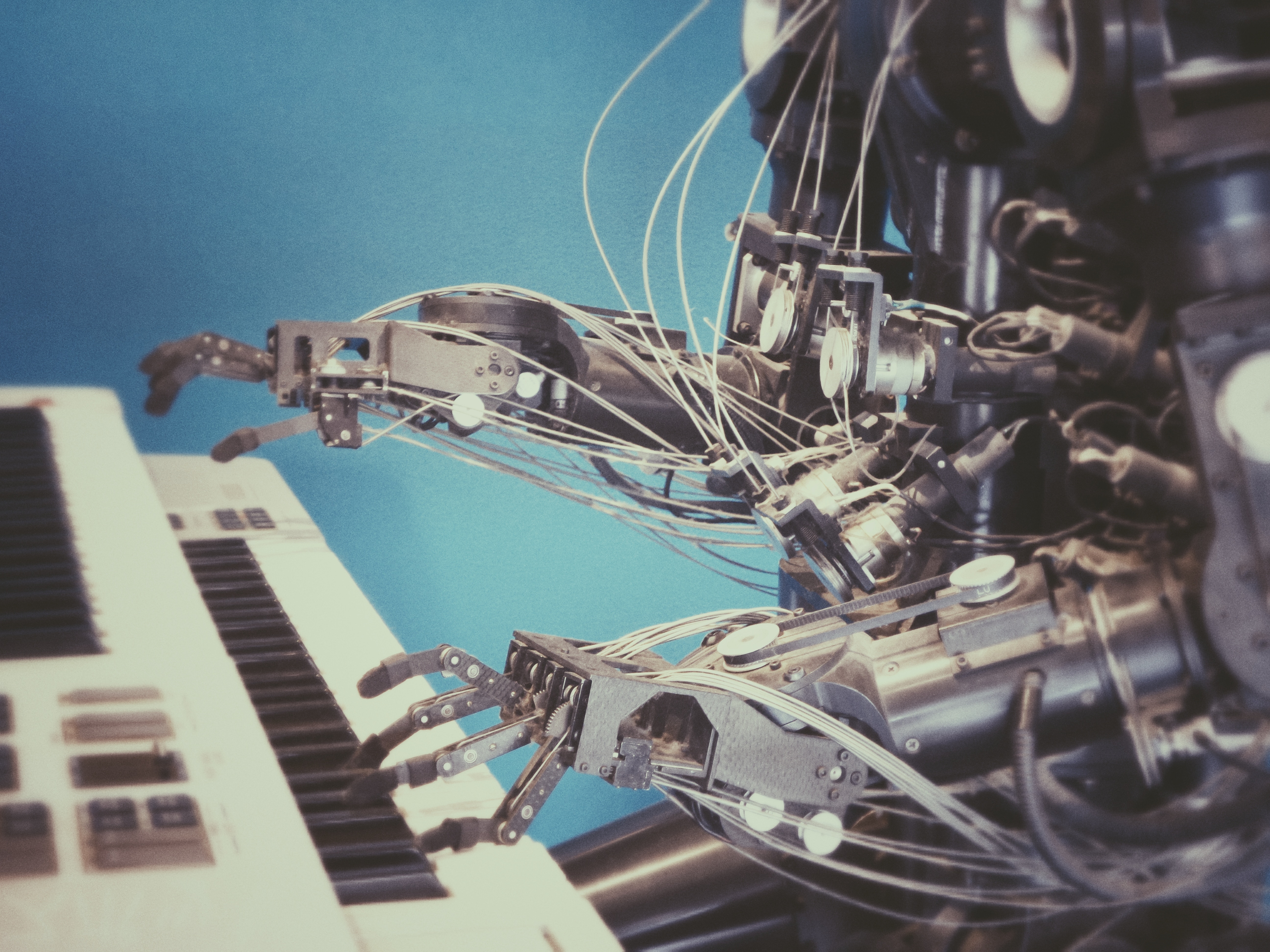
Artificial intelligence and other modern technologies have the potential to empower and enhance our society, but they also present challenges to our values and norms. These resources explore the prospects and complexities of artificial intelligence.
The Fourth Industrial Revolution: Proceedings of a Workshop–in Brief
In October 2016, the National Academies of Sciences, Engineering, and Medicine held a meeting to consider the Fourth Industrial Revolution and its implications for manufacturing, as well as its likely social and economic effects. The meeting also explored the cross-sector collaboration between …
Information Technology and the U.S. Workforce: Where Are We and Where Do We Go from Here?
Recent years have yielded significant advances in computing and communication technologies, with profound impacts on society. Technology is transforming the way we work, play, and interact with others. From these technological capabilities, new industries, organizational forms, and business …
The Frontiers of Machine Learning: 2017 Raymond and Beverly Sackler U.S.-U.K. Scientific Forum
The field of machine learning continues to advance at a rapid pace owing to increased computing power, better algorithms and tools, and greater availability of data. Machine learning is now being used in a range of applications, including transportation and developing automated vehicles, …
The Intelligence Community Studies Board of the National Academies of Sciences, Engineering, and Medicine convened a workshop on August 9-10, 2017 to examine challenges in machine generation of analytic products from multi-source data. Workshop speakers and participants discussed research …
Continuing Innovation in Information Technology: Workshop Report
The 2012 National Research Council report Continuing Innovation in Information Technology illustrates how fundamental research in information technology (IT), conducted at industry and universities, has led to the introduction of entirely new product categories that ultimately became …
Over the last two decades, computers have become omnipresent in daily life. Their increased power and accessibility have enabled the accumulation, organization, and analysis of massive amounts of data. These data, in turn, have been transformed into practical knowledge that can be applied to …





